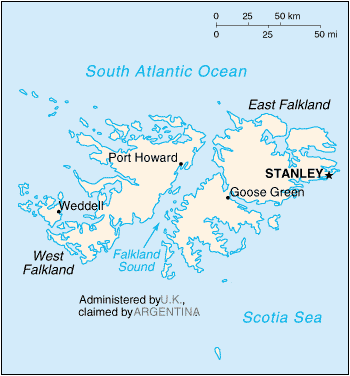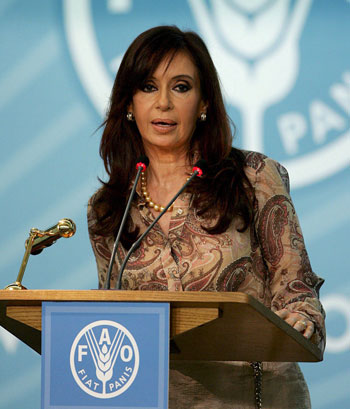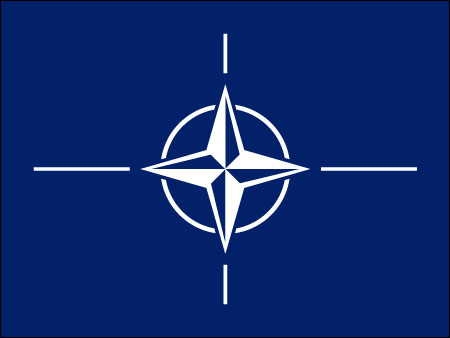 The European Union is sinking.
The European Union is sinking. The fabrication of a faux union of disparate nation states has been a total calamity. The main economic system - statism - is undermining governments from the United Kingdom to Greece.
Unionists poured into the streets of Madrid, Barcelona, and Valencia on Monday to fiercely oppose the modest cuts in public spending to reduce Spain´s public deficit and move up the retirement age to 67.
In France on Wednesday, unionists hit the streets (Les retraités descendent dans la rue - Retirees hit the streets) to demand higher retirement payments and maintaining the retirement age at 60. Fresh French unemployment figures from January confirm a total 2.6 million out of work.
Greece, the fulcrum of the current financial crisis threatening to unravel the entire EU, a national strike called by the "des grandes centrales syndicales" (largest unions) led to violent clashes with security forces. The S&P reports another downgrade of Greek debt is possible.
Spain, Greece, and Portugal are not the only three EU member states facing daunting economic problems and rising anger among their citizens.
More countries could violate the 3 per cent deficit limit of GDP imposed by the EU's Stability and Growth pact: Austria, Belgium, Czech Republic, Germany - the EU's largest economy - Italy, the Netherlands, Slovakia and Slovenia.
So, while the whole house of cards, aka European Union, continues to fall, the Brussels Euro-crats have now set sights on another successful American technology company - Google.
By the way, where is the EU's own Google? Just like the Microsoft case in the 1990s, where is the EU's answer to Microsoft? The answer is sending in the lawyers to litigate anti-trust suits. Euro-crats tear down, not build up.
More good news for the EU? Spain, the current EU president, announced a successful conclusion to the controversial and budget-busting project for its A400M cargo plane. Billions of euros in cost overruns have saved or created probably 10,000 jobs, but at what a cost.
Industrial policy, part and parcel of statism, is another reason the EU is in the death throes.
Once Greece exits from the euro monetary system, expect an acceleration of European Disunion.







